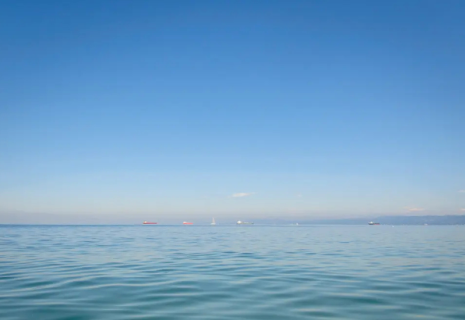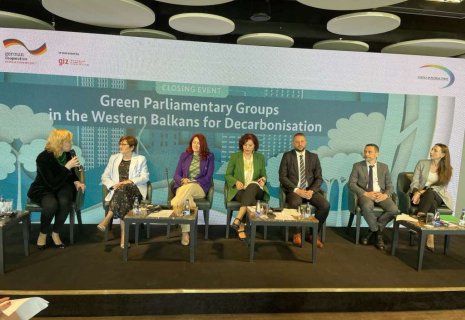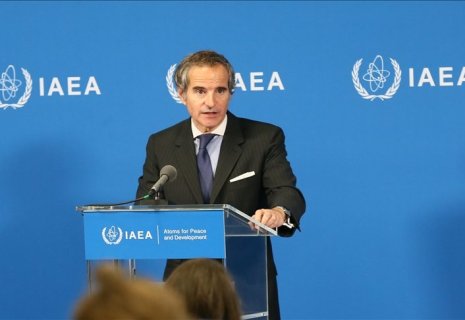
Western Balkans Urged to Turn Climate Plans Into Action
With the third round of Nationally Determined Contributions (NDCs) due in early 2025, Climate Action Network (CAN) Europe presented Wednesday a set of policy recommendations urging the Western Balkan governments to increase climate ambition and submit robust, inclusive and participatory NDCs.
If developed right, these plans could provide the basis for a just energy transition and sustainable development, in line with the 1.5°C temperature goal of the Paris Agreement, CAN Europe said in a press release, CE Report quotes MIA.
According to the Network, the countries in the region are among the most climate-vulnerable in Europe, while coal still dominates electricity generation and adaptation planning remains fragmented. It also reminded that the region has committed to climate neutrality by 2050 and is expected to align with the EU’s climate acquis as part of its accession ambitions.
“The 2025–2035 NDC cycle offers a critical opportunity to bring national climate plans in line with these commitments and support systemic transformation across all sectors. Furthermore, and as COP30 in Belém draws near and global ambition comes under the spotlight, the region has a timely chance to demonstrate leadership and a firm commitment to climate justice – both at home and on the international stage. To support the use of NDCs as investment plans, Western Balkan countries must also specify the amount and type of finance needed,” CAN Europe said.
The Director of CAN Europe, Chiara Martinelli, noted that 2025 marks the midpoint between when most countries began implementing their NDCs in 2020 and when many, like the Western Balkans, have pledged to reach net-zero emissions by 2050.
"It is now almost the last opportunity to consolidate the national plans and provide a clear vision that would tackle two main challenges in the Western Balkans: setting a level of ambition high enough to be credible to reach decarbonisation by 2050, and establishing a compatible coal-phase-out timeline,” Martinelli stressed.
The new policy paper by CAN Europe and its CSO members in the Western Balkan region highlighted the core expectations for the 2025 NDCs, building on CAN International’s NDCs 3.0 Guidelines.
The paper, according to the press release, identifies concrete actions needed to raise ambition and credibility, while embedding equity, participation, and finance in national plans.
The key recommendations from the paper are: set emission reduction targets for 2030 and 2035 in line with 1.5°C pathways and fair share principles; end coal subsidies and commit to a full coal phase-out by 2040, scaling up energy efficiency and renewable energy; support coal-reliant communities with social dialogue, labour protection, and gender-just climate measures; include adaptation targets aligned with national plans and region-specific risks, such as floods and forest fires; guarantee meaningful participation of all stakeholders, including youth, women, and affected communities, in planning and implementation; outline financial needs, prioritising access to EU climate finance and international support mechanisms.
Climate and Energy Policy Coordinator Frosina Antonovska noted that it is important for the Western Balkan region to recognise how NDCs can address and support national development objectives beyond merely mitigating climate change.
“These national climate plans can also serve as national investment and development plans and strategies, guiding countries towards a transformative shift in sustainable development and resilience. The NDCs must be participatory, community-centered, and demonstrate a firm commitment to global climate objectives while addressing local developmental priorities and challenges,” Antonovska said.
In February 2025, Montenegro became the first country in the region to submit its updated NDC, while Kosovo adopted its first voluntary contribution. These developments show that leadership is possible – but all Western Balkan countries must follow through with updated and strengthened NDCs in the coming months, CAN Europe stressed in its press release.
























